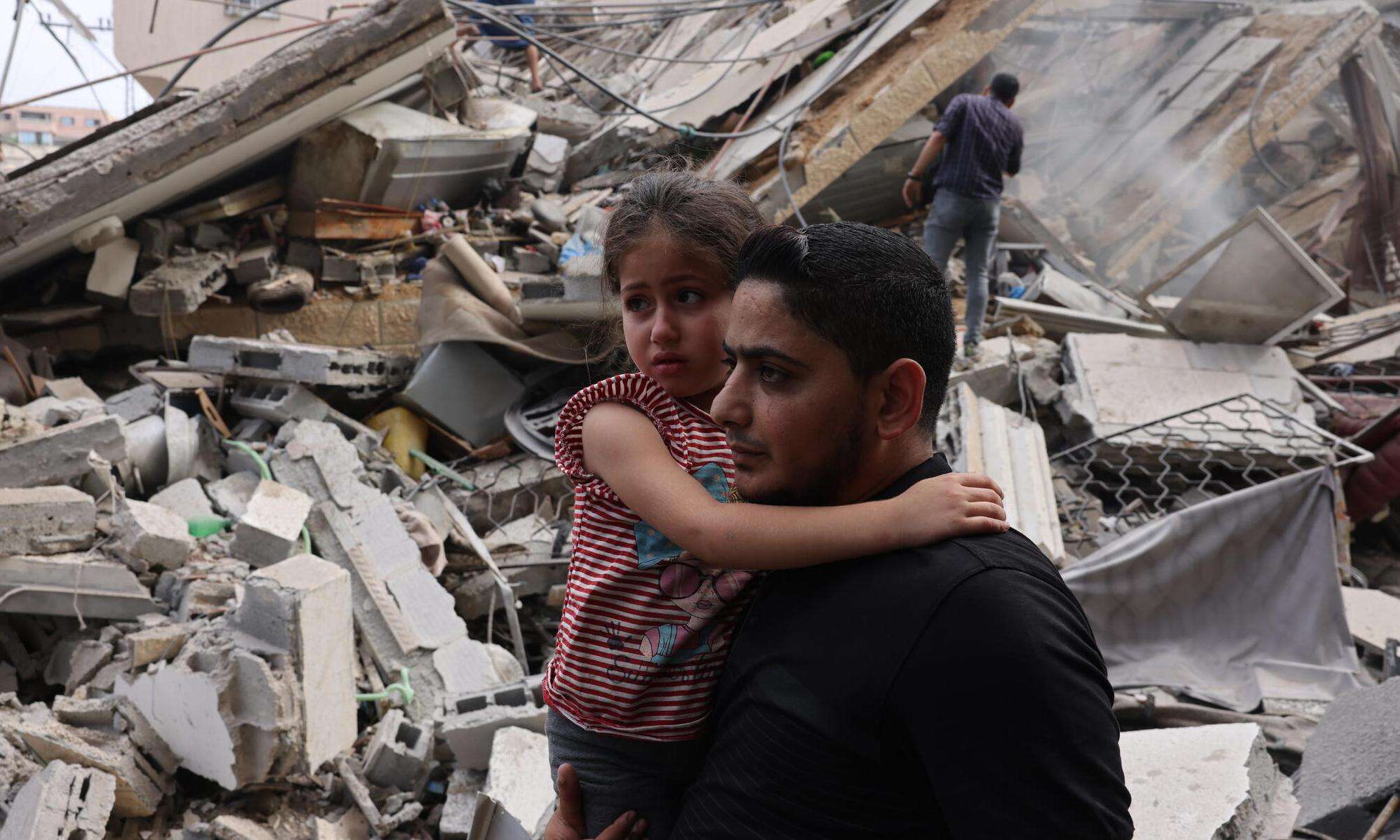Today, 40 days since the unprecedented escalation of the conflict in Gaza, the United Nations Security Council adopted Resolution 2712 demanding that all parties to the conflict comply with their obligations under international humanitarian law, and calling for “urgent and extended humanitarian pauses and corridors throughout the Gaza Strip for a sufficient number of days to enable, consistent with international humanitarian law, the full, rapid, safe, and unhindered humanitarian access.”
While Council members deliberated, Israeli military operations have claimed the lives of over 11,000 civilians in Gaza. Thousands more have been injured in widespread and indiscriminate Israeli airstrikes. The damage to homes, hospitals, and civilian infrastructure has been so extensive that it’s difficult to describe. Israeli forces have repeatedly attacked health workers, health facilities, and ambulances. Over 1.5 million people have been displaced.
“A population, in its entirety, has been besieged and deprived of the basic means to survive, including access to lifesaving medical care. All while Council members deliberated,” said MSF International President Dr. Christos Christou. "The unacceptably jumbled and sluggish process finally led to the adoption of a text that does not come close to reflecting the severity of the humanitarian catastrophe in Gaza. Today’s resolution fails to acknowledge just how necessary a sustained cessation of hostilities is to save lives and to enable humanitarian assistance. Humanitarian pauses, extended though they may be, are not enough.”
As a medical humanitarian organization that has been working persistently to scale up its response to the needs in Gaza, MSF urges the parties to the conflict and all concerned member states not to stop at today’s resolution, but to see this as a first step toward more meaningful action. MSF calls for:
- The immediate implementation of a sustained cessation of hostilities that ensures the safety and security of civilians, patients, and humanitarian and medical staff across the Gaza Strip.
- The facilitation by the parties, as well as by the government of Egypt, of the entry into Gaza of humanitarian and medical staff, humanitarian supplies, as well as fuel and other vital commercial goods, at a volume that reflects the scale of rising needs, through both Rafah and Kerem Shalom.
- The facilitation by the parties of the movement of humanitarian and medical staff and supplies across the Gaza Strip to independently assess and respond to needs.
- The facilitation by the parties of the voluntary movement of civilians within Gaza, acknowledging that there are no safe options today. Civilians who are unable or unwilling to move must also be protected.
- The enabling of safe and appropriate medical evacuations of patients to facilities capable of addressing their needs.
Resolution 2712 falls far short of the expectations of MSF, and of those of our colleagues and patients in Gaza. Nevertheless, it offers a foundation that the parties and members states must build on to reach the sustained cessation of hostilities that is vital for saving lives and scaling up the humanitarian response in Gaza.




